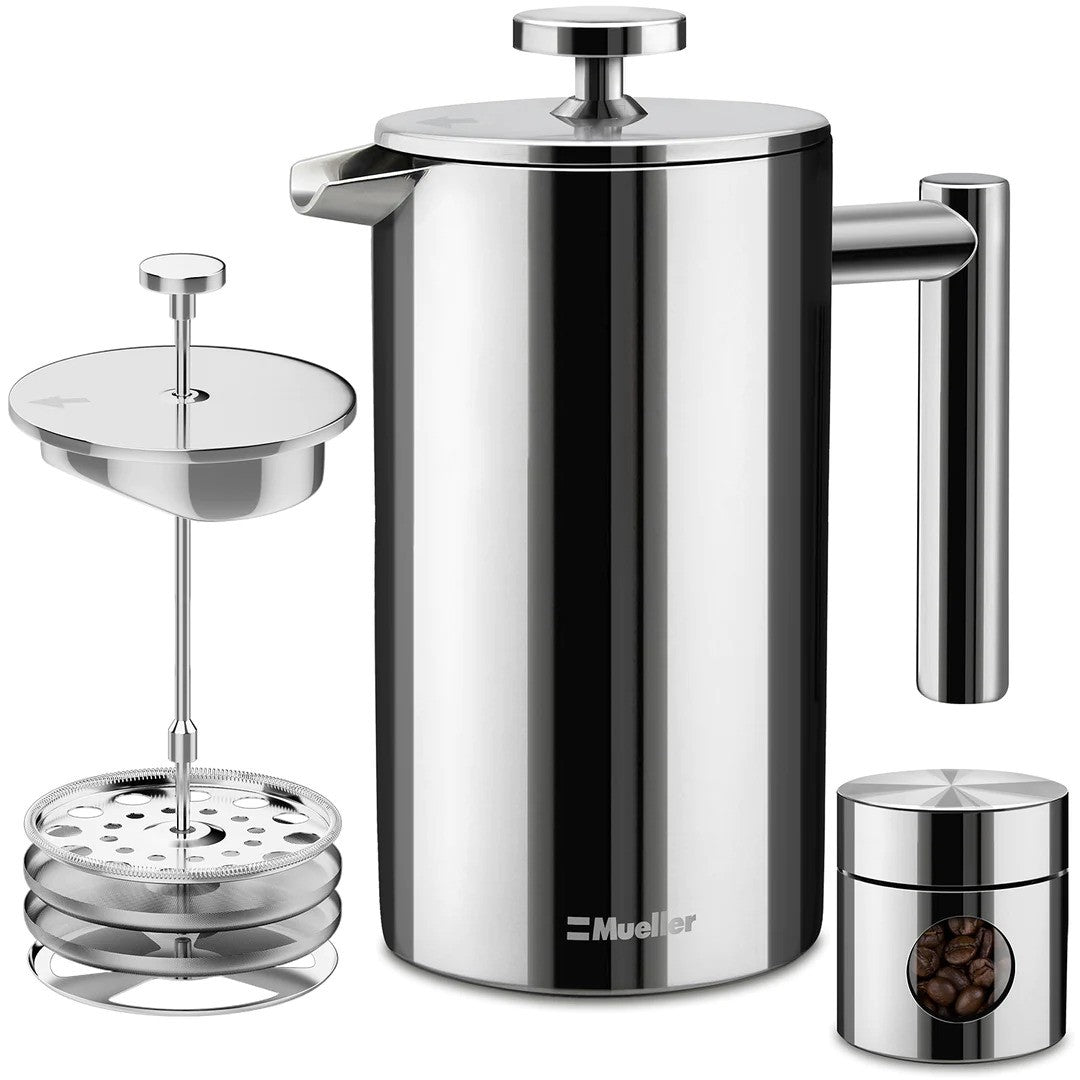Where Have Your Coffee Beans Been?
When we buy food products in developed countries we assume that the food is safe to eat. However, almost all coffee comes from third world counties where there is no FDA and no Safe Food Practices Act. The saving grace for coffee is that it is roasted at temperatures that remove bacteria and viruses that could harm us. As far as we can tell, no one has gotten salmonella or botulism from roasted coffee. However, roasting may leave other products that you don’t want to drink.
A small farmer in a third world country lives a precarious life. She cannot afford warehouses, cleaning equipment, fences, disinfectants, and new burlap bags. Her fields are open to wild animals like pigs, rats, monkeys, and hyenas. Her workers don’t have basic sanitation facilities – toilets, hand washing and gloves. Her coffee fruit is picked into burlap bags that reek of old fermented coffee, bugs and dirt. When a bag is full it is stored under the house, in a shed, or on the ground.
Once a week a coyote comes by picks up the fruit and leaves some used bags for next time. He doesn’t know or care how long since the fruit was picked, where it was stored or whether basic sanitation practices were followed. You can track coyotes’ trucks down the road by the reek of fermenting coffee fruit.
If the farmer was lucky and the crop was bountiful she gets just enough money to buy some basic staples and a little meat for her family for the next week.
Even in the large farms there is little thought of good production practices. Large growers can afford pesticides. There are no application rules, inspections or testing. A large farmer with a significant coffee beetle infestation can double or triple his chemical pesticide application and no one will know or care. Some large growers provide toilets and sanitation facilities for their workers, most don’t.
The picked coffee is taken to wet mills where it is pulped, dried and stored. There are no safe production practices. Workers rake the drying beans by walking on them in their only pair of shoes. An Indian coffee publication suggests “Use of cow dung smeared or mud drying yards should be avoided.” COFFEE CULTIVATION GUIDE FOR SOUTH – WEST MONSOON AREA GROWERS IN INDIA http://send.digital/coffee9Every mill sets its own standards, no one knows or cares.
Contaminates that are not completely removed by the roasting process are filamentous fungi, mostly ochratoxin A (OTA). OTA has been identified as a possible carcinogen. OTA is directly related to poor processing practices. “Contamination of roasted coffee with ochratoxin A (OTA) is directly related to the processing quality throughout the coffee production chain, from the farming to the roasting processes.” Effect of different roasting levels and particle sizes on ochratoxin A concentration in coffee beans Gislaine Oliveira et al http://goo.gl/Tp3aiK The European Union has set limits on the amount of OTA that can be present in coffee. There is no testing and no limits in most other countries.
Once the coffee beans are sent to the port they are held in containers or warehouses until a ship is available. Day time temperatures in containers and warehouses in tropical ports can be well over 120 F (49 C) degrees. Coffee beans in containers at ports and on ships sweat in the day time. At night when the container temperature drops the moisture condenses and wets the beans. Heating, sweating and wetting promote mold and fungus. Coffee beans can spend weeks on a ship as it travels from port to port. When the beans are finally off loaded they are placed in storage in a coffee warehouse waiting for orders from roasters. There is no ship by date rule. They stay in the warehouse for as long as it takes to sell them.
When the roaster gets the beans she doesn’t know how the beans were grown, processed, stored, or shipped. She knows the variety, the country origin, maybe the growing region and how they taste. She assumes the beans are safe and doesn’t test for OTA, heavy metals or pesticides. If the coffee beans taste bad, she can dark roast or flavor the beans to cover up the defects.
The only way for the consumer to protect themselves is Farm Direct. Gourmet coffee drinkers source their coffee from farmers that grow, pick, process, dry and roast their own beans. Farm direct means that the consumer knows someone who stands behind the quality of their coffee.

